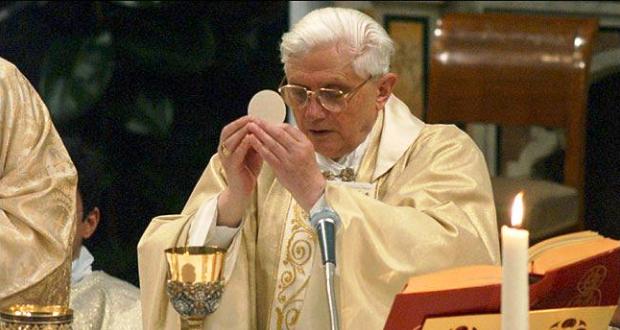Jesus, The Bread Came Down From Heaven Is Rejected By Many

Fr Dexter Brereton, CSSp
John 6: 60-69
Today in the liturgy of the Word, the Church reads the final extract from John chapter 6. We find ourselves witnessing a major turning point in Jesus’ career. It is a make-or-break moment for many of his followers when they must decide for or against him. The beginning of the story shows them incredulous over Jesus’ teaching in which he referred to himself as ‘bread which has come down from heaven.’ The language is difficult for his audience who think in strictly earthly categories and find it hard to relate to Jesus’ spiritual teaching. ‘This is intolerable language. How could anyone accept it?’
It is also a moment of decision for Jesus himself who, resolutely, stands his ground. The episode highlights what we could call Jesus’ “inner freedom” his apparent lack of fear, his inner calm in the face of opposition. He is untroubled by the need to have other people agree with him or approve of his actions. Jesus stands firm on his “doctrine” or his teaching, and, as we say in Trinidad, ‘who vex buss’. This kind of lonely path, which is so frightening for many of us, Jesus handles with a great deal of serenity. Jesus remains unperturbed, because, as he would state later, ‘no one could come to him unless the Father allows him.’ In other words, the future of his mission is ultimately in God’s hands. There is no need to worry.
Speaking of conflict, the great Peruvian theologian Gustavo Gutierrez writes that theology seems to have been avoided for a long time, reflecting on the conflictual character of human history, the confrontations among individuals, social classes, and countries. Gutierrez sees conflict as playing an important role in life. It is a necessary part of the human journey towards freedom and self-realization. On the road to becoming the people that God meant us to be, we will sometimes have to wage battle against others and their ideas about who we are and what we should say and do.
Have you ever found yourself in a situation when family members, friends, acquaintances, or colleagues say to you ‘This is intolerable language, how could anyone accept it?’ Here are some examples
-a young woman who decides to leave her unfaithful and abusive spouse and has to battle her family, friends and neighbors, who, meaning well insists that she ‘make her marriage work.’
-a diocese that challenges its members to open their doors to immigrants from war-torn countries
-a Catholic pastor who reminds his flock that the “right to life” applies not simply to the unborn, but to criminals in prison, unruly youth, illegal immigrants, and deportees.
-a politician who resists the national culture of enmity and spite and reaches out to dialogue and even work with members of the opposing party.
The ‘intolerable language’ then, refers not simply to the things that we say but also to the things that we do. Jesus, as we follow you along the road, we often come to a place where we must make a choice to continue to follow you or take our own path. Often those choices before us may cause us to lose popularity or bring us into conflict with others. They say to us ‘But this is intolerable language, how can anyone accept it?’ Grant us the grace to be courageous so that we may never run from the moment of decision. Help us, as we make our choices, to keep our eyes fixed on you, knowing that you alone have the message of eternal life.






